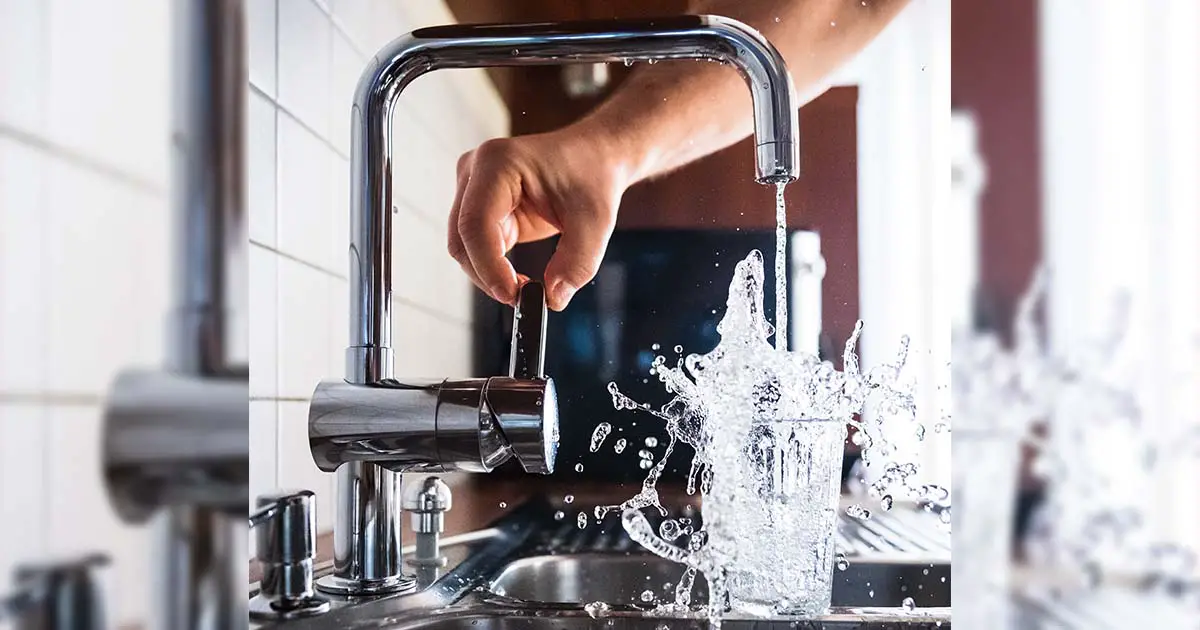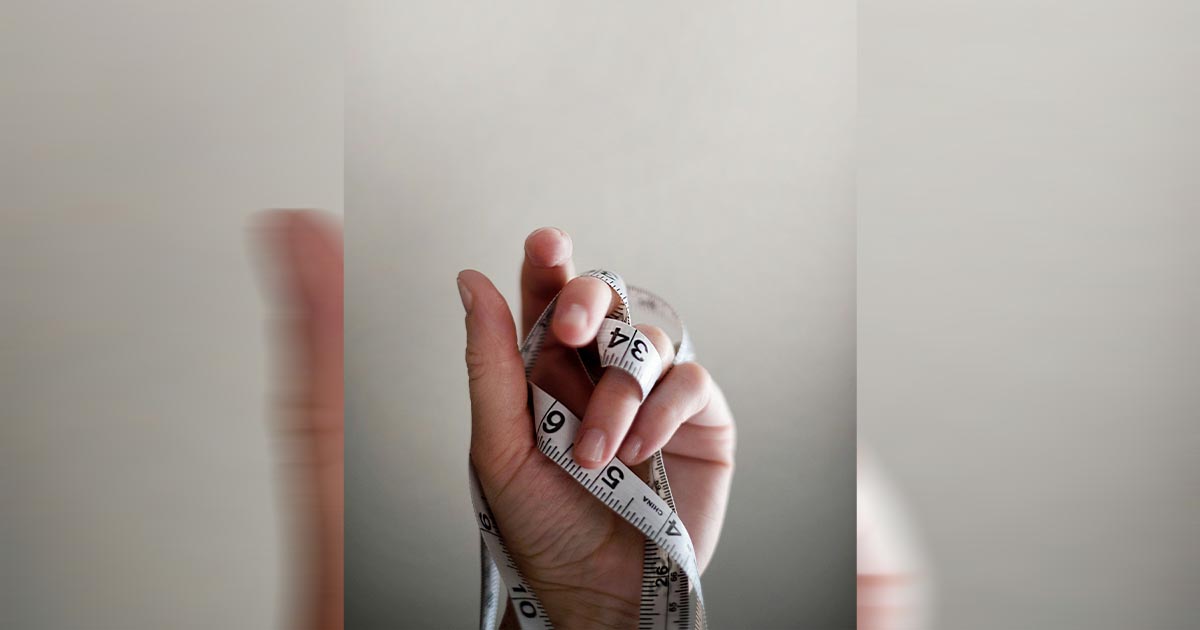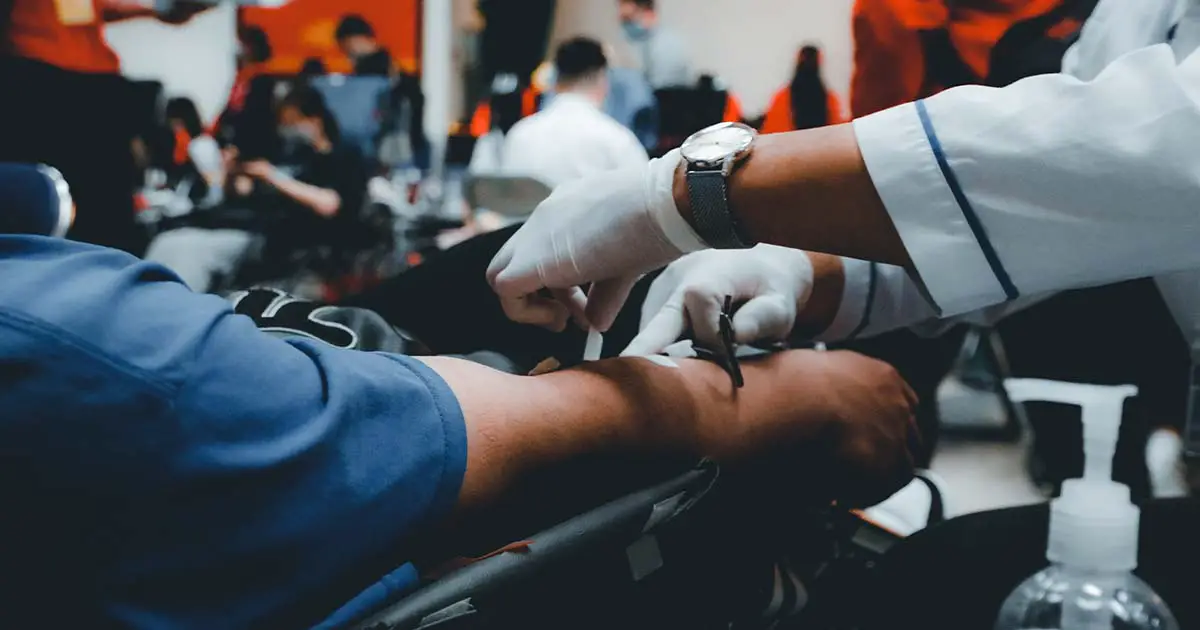Table of Contents
ToggleWelcome, dear readers, to another insightful exploration into the world of plasma donation. Today, we’ll be addressing a common query that often arises after the selfless act of donating plasma – Can I drink coffee afterward? Buckle up as we delve into the details and shed light on this question. Additionally, we’ll touch upon related queries to ensure you’re well-informed about post-donation practices.
Will drinking espresso affect donating plasma by raising blood pressure?
Drinking espresso or any caffeinated beverage can temporarily raise blood pressure, as caffeine is a stimulant that can cause a short-term increase in heart rate and blood pressure. However, the effect is usually modest and varies from person to person.
If you’re planning to donate plasma, it’s essential to consider that elevated blood pressure may be a temporary side effect of caffeine intake. It’s generally advisable to avoid consuming caffeinated beverages for a few hours before donating plasma to minimize the potential impact on blood pressure readings.
Before donating plasma, it’s crucial to follow the guidelines provided by the donation center. They may have specific recommendations regarding food and drink intake, including any restrictions on caffeine. Always consult with the staff at the donation center if you have any concerns or questions about how your habits, such as consuming espresso, may affect the donation process. They can provide you with personalized advice based on their protocols and your individual health factors.
Can you drink coffee before donating plasma?

Whether or not you can drink coffee before donating plasma can depend on the policies of the specific donation center you’re attending. In general, many donation centers advise donors to avoid consuming caffeinated beverages, including coffee, for a few hours before donating.
Caffeine can temporarily raise blood pressure, and some centers prefer donors to have stable blood pressure levels to ensure a safe donation process. Elevated blood pressure could be a concern during the donation, as it might affect the flow of blood or cause discomfort.
It’s always best to follow the guidelines provided by the donation center where you plan to donate plasma. If you’re unsure about their policies regarding caffeine intake, you can contact the center directly or check their website for any specific instructions. Remember that policies can vary, so it’s essential to be aware of the rules of the particular center you are attending.
What To Drink After Donating Plasma?

After donating plasma, it’s important to stay hydrated and replenish the fluids and nutrients you may have lost during the donation process. The following are some suitable drinks to consider:
- Water: The best choice for rehydration is plain water. It helps restore fluid balance and supports overall well-being.
- Electrolyte Drinks: Drinks containing electrolytes can help replace salts and minerals lost during plasma donation. This is especially important if you experienced symptoms like dizziness or lightheadedness during or after the donation.
- Sports Drinks: Similar to electrolyte drinks, sports drinks can be beneficial for restoring electrolyte balance. They typically contain sodium, potassium, and other minerals.
- Juices: Fruit juices can provide both fluids and some natural sugars. Opt for 100% fruit juice without added sugars.
- Milk: Milk can be a good choice as it provides hydration, protein, and various vitamins and minerals.
- Smoothies: If you prefer a more substantial option, a smoothie made with fruits, yogurt, and liquid can provide both hydration and some nutrients.
Avoid drinks with high caffeine content immediately after donating, as caffeine can have diuretic effects and may contribute to dehydration. Additionally, it’s advisable to avoid alcoholic beverages for a few hours after donation.
Remember that individual needs can vary, so pay attention to how your body responds and choose beverages that make you feel comfortable and replenished. If you have specific dietary concerns or health conditions, it’s always a good idea to consult with the staff at the donation center or your healthcare provider for personalized advice.
What not to drink after donating plasma?
After donating plasma, it’s generally advisable to avoid certain types of beverages to ensure your well-being and a smooth recovery. Here are some drinks you may want to avoid:
- Alcohol: It’s recommended to abstain from alcoholic beverages for a few hours after donating plasma. Alcohol can contribute to dehydration, and combining it with the temporary effects of plasma donation might amplify the risk.
- Caffeinated Beverages: While small amounts of caffeine are generally okay, it’s a good idea to avoid excessive amounts of caffeinated drinks, such as strong coffee or energy drinks, immediately after donating. Caffeine can have diuretic effects, potentially contributing to dehydration.
- Sugary Drinks: Beverages high in added sugars, such as sodas and certain fruit drinks, may not be the best choice immediately after donation. They can lead to spikes and crashes in blood sugar levels.
- Highly Acidic Drinks: Extremely acidic drinks, such as citrus juices, might cause discomfort or irritation, especially if you experience any sensitivity after donating.
- Unsanitary or Unfiltered Water: It’s essential to stay hydrated, but choose clean and safe water sources. Drinking water from questionable sources can increase the risk of infection.
Remember that individual reactions can vary, and it’s essential to listen to your body. If you have specific health concerns or dietary restrictions, it’s a good idea to consult with the staff at the donation center or your healthcare provider for personalized advice on post-donation nutrition and hydration.
Does caffeine affect plasma?
Caffeine itself does not directly affect plasma, but it can influence certain physiological processes that may indirectly impact the components of plasma. Plasma is the liquid component of blood that carries water, electrolytes, proteins, hormones, and waste products throughout the body. While caffeine doesn’t directly alter the composition of plasma, it can have some effects on the cardiovascular system and fluid balance:
- Blood Pressure: Caffeine is a stimulant that can temporarily increase blood pressure by stimulating the heart and constricting blood vessels. This effect is usually transient and varies among individuals.
- Diuretic Effect: Caffeine is a mild diuretic, meaning it can increase urine production. This diuretic effect can lead to increased fluid loss, potentially contributing to dehydration if not compensated by adequate fluid intake.
When donating plasma, it’s essential to consider these effects. Elevated blood pressure or dehydration could impact the donation process, potentially causing discomfort or affecting blood flow. That’s why some donation centers may advise donors to avoid excessive caffeine intake before donation.
If you’re planning to donate plasma, it’s a good idea to follow the guidelines provided by the donation center. They may have specific recommendations regarding caffeine intake and other factors to ensure a safe and comfortable donation experience. As always, if you have concerns or questions, it’s best to consult with the staff at the donation center or your healthcare provider for personalized advice based on your health status and individual circumstances.
Can you drink alcohol after donating?
After donating blood, it is generally recommended to avoid alcohol for at least 24 hours. Alcohol can potentially cause dehydration, and it’s important to stay well-hydrated after donating blood to help your body recover. Additionally, alcohol can temporarily affect your blood pressure, and it’s advisable to give your body some time to stabilize before consuming alcoholic beverages.
It’s crucial to follow the guidelines provided by the blood donation center where you donated, as they may have specific recommendations based on their procedures and your individual health. If you have any concerns or questions, it’s always best to consult with the healthcare professionals at the donation center or your own healthcare provider.
Can I drink coffee after donating plasma?
Yes, you can generally drink coffee after donating plasma. In fact, staying well-hydrated is important after any kind of blood or plasma donation. However, it’s advisable to drink water or other hydrating fluids first before consuming caffeinated beverages like coffee. Caffeine can have a mild diuretic effect, potentially increasing urine production and contributing to dehydration.
After donating plasma, your body needs to replenish fluids, and water is the best choice for rehydration. Once you’ve consumed an adequate amount of water, you can enjoy coffee or other beverages as you normally would. As always, it’s a good idea to follow any specific instructions or guidelines provided by the plasma donation center and consult with their staff if you have any concerns.
Can I drink caffeine after donating plasma?
Yes, you can drink caffeine after donating plasma. However, it’s important to prioritize hydration, so it’s recommended to start by drinking water or other hydrating fluids. Caffeine has a mild diuretic effect, which means it can increase urine production and potentially contribute to dehydration.
After donating plasma, your body benefits from replenishing fluids to help restore the volume lost during the donation process. Once you’ve consumed enough water to rehydrate, you can then enjoy caffeinated beverages like coffee if you wish.
Always follow any specific guidelines or recommendations provided by the plasma donation center where you donated, and if you have any concerns or questions, it’s a good idea to consult with the healthcare professionals at the donation center.
What to eat after donating plasma?
After donating plasma, it’s important to replenish nutrients and hydrate your body. Here are some general recommendations for what to eat and drink after donating plasma:
- Hydrating fluids: Start by drinking plenty of water to help restore fluid balance in your body. This is crucial for recovering from the volume loss associated with plasma donation.
- Electrolytes: Consider consuming beverages or foods that contain electrolytes, such as sports drinks or coconut water. Electrolytes help maintain the balance of fluids in your body.
- Healthy snacks: Opt for nutrient-rich snacks that provide a combination of carbohydrates, protein, and healthy fats. This can include:
- Fresh fruits and vegetables
- Nuts and seeds
- Yogurt or other dairy products
- Whole-grain crackers or bread
- Protein-rich foods: Consuming protein is essential for muscle repair and overall recovery. Include sources of lean protein in your post-donation meals, such as chicken, fish, tofu, beans, or eggs.
- Iron-rich foods: Plasma donation doesn’t significantly affect iron levels, but including iron-rich foods in your diet is generally a good practice. This includes red meat, poultry, fish, lentils, and leafy green vegetables.
- Avoid heavy or fatty meals: While it’s essential to eat nutritious foods, try to avoid heavy or fatty meals immediately after donating plasma, as they may cause discomfort.
Remember to follow any specific recommendations or guidelines provided by the plasma donation center. If you have dietary restrictions or specific health concerns, it’s a good idea to consult with healthcare professionals or nutritionists for personalized advice.
Does donating plasma make you lose weight?

Donating plasma itself does not directly result in weight loss. Plasma is a component of blood, and when you donate plasma, your body loses some fluid volume. However, this loss is typically replenished relatively quickly through the intake of fluids, and it does not lead to a significant or lasting reduction in body weight.
The primary effect of plasma donation is a temporary decrease in blood volume, and the body usually compensates for this by increasing fluid intake and redistributing fluids from other body compartments. It’s important to stay well-hydrated and follow any post-donation guidelines provided by the donation center to support your body’s recovery.
If you’re interested in weight management, it’s essential to focus on a balanced diet, regular exercise, and overall lifestyle choices. Donating plasma is not a recommended method for intentional weight loss, and any changes in weight after donation are likely to be minimal and temporary. If you have specific concerns about your weight or health, it’s advisable to consult with a healthcare professional or a registered dietitian for personalized guidance.
What helps plasma donation go faster?
Plasma donation times are typically standardized, and there may not be many ways to significantly speed up the process. However, here are some general tips to help ensure a smooth and efficient plasma donation:
- Stay Hydrated: Being well-hydrated before your donation can make it easier for the phlebotomist to find a vein and for the donation process to go smoothly. Drink plenty of water in the hours leading up to your appointment.
- Eat a Balanced Meal: Consuming a nutritious meal before your donation, including both carbohydrates and protein, can help maintain your energy levels during the process.
- Follow Instructions: Pay attention to any pre-donation instructions provided by the donation center. This may include avoiding certain foods, medications, or activities before your appointment.
- Relax: Stress and anxiety can make the donation process seem longer. Take deep breaths, try to stay calm, and communicate with the staff if you have any concerns or questions.
- Wear Comfortable Clothing: Wear clothing with sleeves that can be easily rolled up, making it more convenient for the phlebotomist to access your arm for the donation.
- Inform Staff of Any Concerns: If you experience any discomfort or if you have concerns during the donation, don’t hesitate to communicate with the staff. They are there to assist you and ensure a safe and comfortable experience.
Remember that the duration of plasma donation is primarily determined by the equipment used and the amount of plasma collected. Following the guidelines provided by the donation center and maintaining good overall health are the best ways to support an efficient and successful plasma donation process.
Conclusion:
In conclusion, you might be wondering, “Can I drink coffee after donating plasma?” Fortunately, enjoying a cup of coffee is generally acceptable, provided you do so in moderation and consider your overall hydration needs. Remember to pair it with a nutritious meal and give your body the rest it deserves. If you have specific concerns or health conditions, it’s always advisable to consult with the healthcare professionals at the donation center.



Wow! This blog looks exactly like my old one! It’s on a completely
different topic but it has pretty much the same
layout and design. Wonderful choice of colors!
You made some decent points there. I looked on the net
for more information about the issue and found
most people will go along with your views on this website.